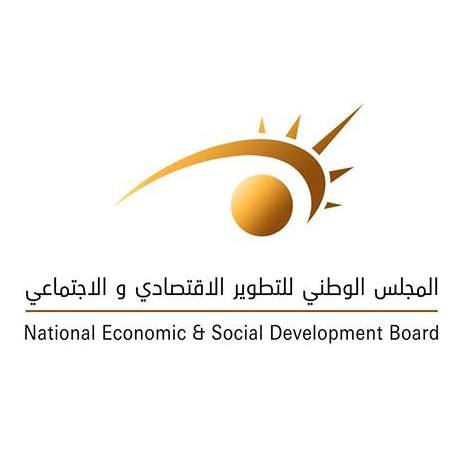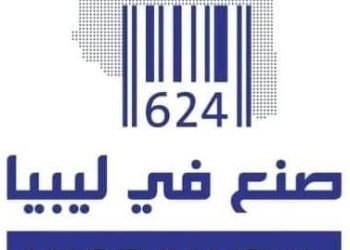On Sunday, the National Economic and Social Development Board (NESDB), in cooperation with the Momken Organization for Awareness and Media, launched the Jusoor programme, a project to train new graduates from Libyan universities and higher institutes.
The programme was opened by the Director General of the NESDB, Mahmoud Al-Futaisi, the Undersecretary of the Ministry of Education, Masoud Al-Aswad, the President of the University of Tripoli, Khaled Aoun, and the Advisor to the Office of the Ministry of Higher Education and Scientific Research, Ali Salem, in the presence of the Director of Projects of the Momken Organization for Awareness and Media, businessman Husni Bey, and the Chairman of the Libyan Council for Oil, Gas and Renewable Energies (LCOGRE), Khaled Ben Othman.
The programme is implemented in cooperation with the University of Tripoli, the Momken Organization for Awareness and Media, and the American Institute of Peace.
Engage in the labour market
Commenting on the Jusoor (bridges) programme and its objectives, the Director of the Media Office of the NESDB, Mrs. Areej, confirmed that this training programme comes within the NESDB’s commitment to activate joint memorandums of understanding with some Libyan universities, and implement programmes that give added value in the field of community development and youth empowerment to engage in the labour market in line with the requirements of the Libyan market.
Training will greatly enhance students’ employability
Areej said that this national project was started with graduates of the University of Tripoli as a prototype to train them and to hone their skills by providing them with the necessary training that is in line with the needs of the local labour market. At a later stage, graduates of universities and higher institutes throughout Libya will be involved within the Jusoor programme, which will extend throughout this period. The phase lasts for 12 weeks in which 25 graduates will be trained for the years from 2020 to 2023, so that the programme will provide them with valuable work experience in the real world, which will greatly enhance their employability.
Focus on activities considered important for jobs
The Jusoor programme will focus on activities that are considered important in assuming a job in the targeted areas, including digitization, problem solving, leadership, effective communication, and how to deal with artificial intelligence in the field of business administration, while providing special knowledge to the entities participating in this programme.
Integrate students into the labour market
Areej emphasized the role played by the NESDB in supporting training programmes, capacity building, and qualifying graduates of universities and higher institutes to integrate them into the labour market, and bringing together interested parties from local community organizations, international supporting bodies, and businessmen in order to develop a unified vision and one strategy that benefits graduates of higher educational institutions in Libya.










